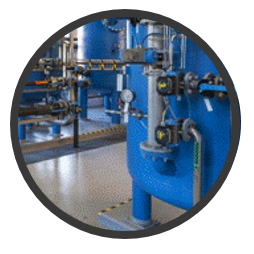| Email: office@mwwa.net Toll Free: 1 866 396 2549 |
The Manitoba Water & Wastewater Associationis your source for water and wastewater training, careers, news and events. |
Training
The MWWA is currently using varied Training Providers to provide virtual training to MB operators. It is important that you attend all sessions listed for each training event. Failure to do so will mean that we cannot provide credit for your participation. Some of the course offerings include an exam at the conclusion of the training. You must complete the exam to be eligible for credit.
We are hoping that we will be able to provide in class training in the fall. Please ensure that you read the course description to determine whether the event is virtual or in-person training.
Self-paced online and correspondence based learning is available for purchase through the MWWA Store. More offerings will be added this fall.
CEU CertificatesBeginning in November 2020, the MWWA will be adding any newly acquired CEU Certificates to your MWWA account. Please follow the instructions here to access your certificates. Your account is capable of storing up to 20 certificates please ensure that you copy and remove any certificates that can no longer be used for certification renewal to allow space for new certificates to be added. If you are not a member of the MWWA your certificate will be emailed to you. Membership has its privileges' please consider Joining Us |
Continuing Education
Guidelines for Continuing Education Unit Evaluation and Credit
A complete listing of all Provincially approved training can be found on the Manitoba Government website.
Guidelines and Approved Training
Continuing Education Unit (CEU)
For the purposes of the operator certification criteria, one CEU represents 10 contact-hours of participation in an organized continuing education experience under the capable direction of qualified instructors or otherwise presented in a manner approved by the Director. CEU courses are offered by a variety of providers. To be used towards certification the subject must be “water or wastewater works operations, engineering, science, or a related field”.
Continuing Education Requirements
Effective January 1, 2015 operators will need at least 6.0 CEU's for certificate renewals every 5 years. Operators who hold a certificate in multiple categories must meet CEU requirements for all categories (i.e. combination of training courses in all categories).
Forty-five (45) CEU is equivalent to 1 grade of high school level achievement or 1 year of post secondary education.
The Regulation defines contact-hour as one hour of two-way communication and interaction between a learner and an instructor in order for the learner to gain knowledge and to receive
feedback.
Example
An operator for the Town of Stonewall who is certified in all four categories (the highest being a Class 2) will require 6.0 CEUs to renew all four categories; the same requirement for a class 4 certified Operator who is only certified in one category. The 6.0 CEUs required for the said operator who works for Stonewall must be courses/training related to both water and wastewater, thus the Guidelines indicate “Operators who hold a certificate in multiple categories must meet CEU requirements for both or all categories(ie: combination of training courses in both or all categories)”.
This means they could have 1.2 CEU in water treatment; 2.4 in distribution and collection; 1.2 in wastewater treatment; and 1.2 in safety/first aid, etc.
- Home
- Training
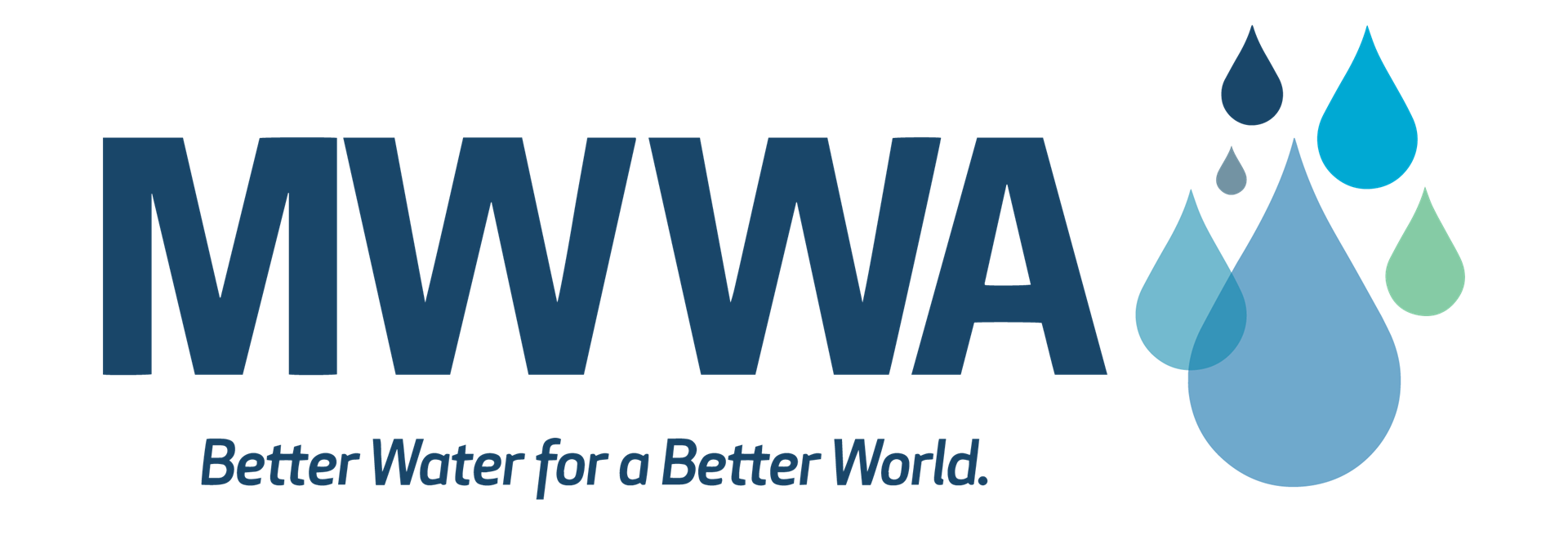

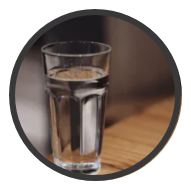


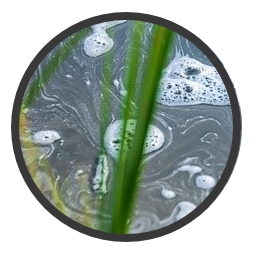
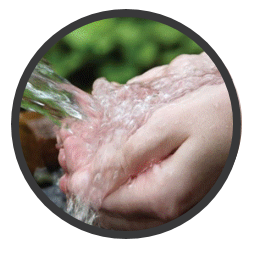
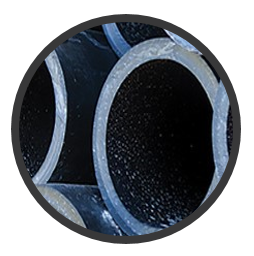
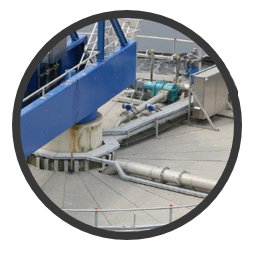
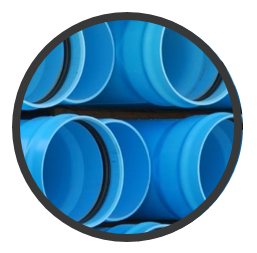
.png)
